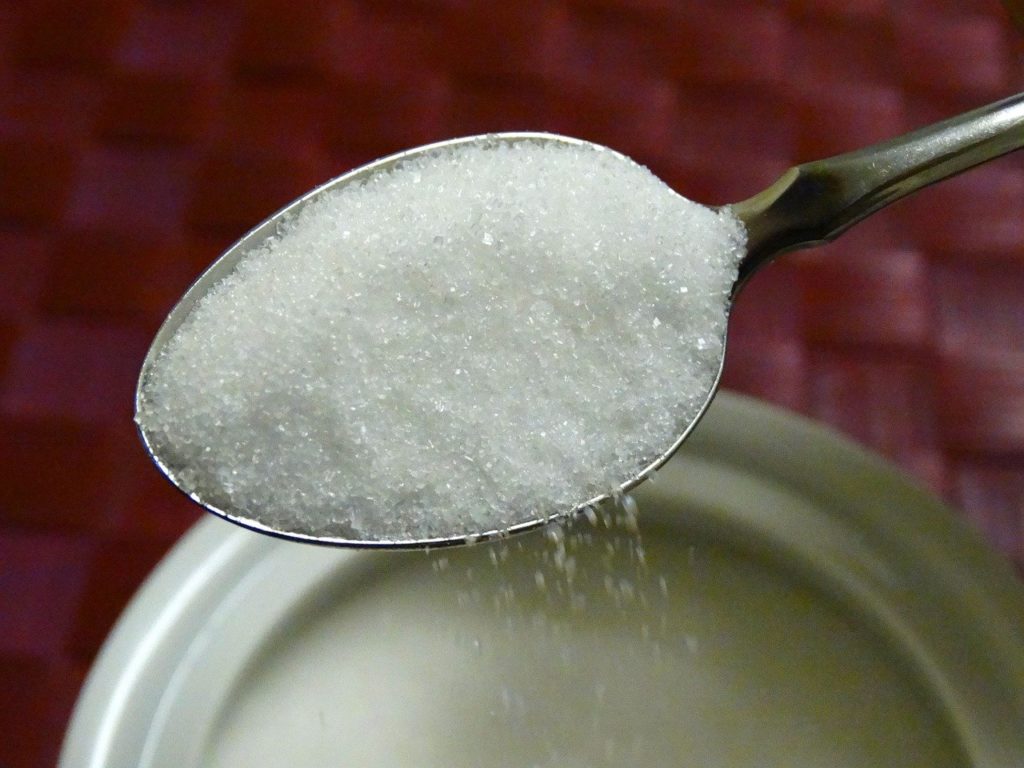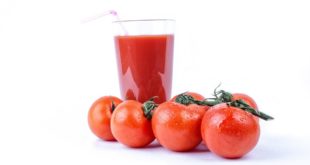
What you eat has a huge impact on your complexion – and the results aren’t pretty …
Most women never stop battling with our skin. Just as it seems like you have finally conquered acne, the fight fine lines and wrinkles start making their appearance.
The continues struggle to find the perfect product for our own unique combination of problematic skin, is a real one for all of us – but as it turns out we may want to approach skin care from the inside out. The saying “you are what you eat” holds true for your health, even more so – your skin.
What’s on your plate can dictate how healthy your skin is – food across the board will affect your skin, positively or negatively. A poor diet can cause inflammation, which triggers oxidative stress and in turn damages collagen and DNA, making you look haggard and older.
What you eat has a huge impact on your complexion—and the results aren’t pretty – here,5l five culprits to avoid if you want a glowing, dewy complexion:
Dairy
Dairy products can contribute to bad skin – Milk and dairy products contain growth hormones and inflammatory substances that clog your pores and cause acne.
High-Glycemic foods
If you’re prone to acne, you may want to consider making some changes to your diet – cutting out foods like white bread and cereal could helps reduce pimple flare-ups.
Sugar
A growing amount of dermatology research suggests more specific links between diet and acne – especially the dietary culprits you eat that has an affect your blood sugar. High blood sugar can weaken the skin by affecting tissues like collagen – leaving you more vulnerable to lines and wrinkles.
Salt
Do you wake up feeling puffy faced? Too much salt causes water retention, which can lead to swelling. The skin around the eyes is extremely thin, and therefore swells up more easily, making your eyes seem especially puffy in the morning.
Shellfish
Foods high in Iodine such as lobster, crab and shrimps can lead to acne if introduced regularly in your diet. If you are particularly prone to acne try to consume these foods a couple of times a month rather than on a weekly basis.
by Annali Van Zyl
 Daryeel Magazine
Daryeel Magazine


